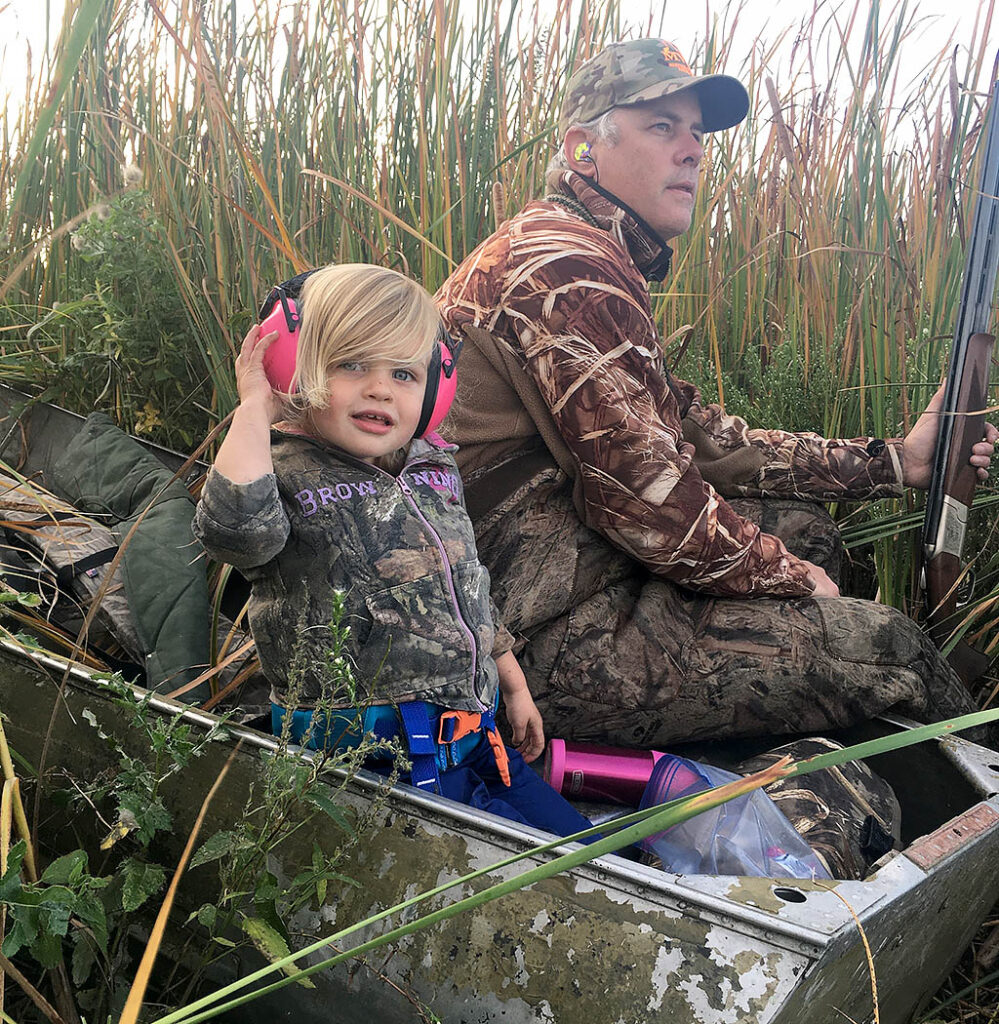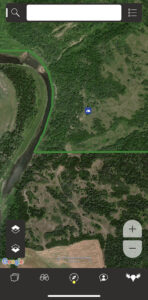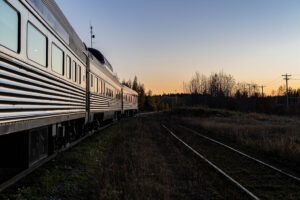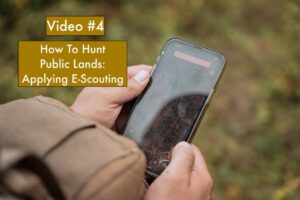The MWF is extremely proud to be part of a stakeholder led group that advocated government for the implementation of a new provincial Waterfowl Modernization Strategy. The new regulations will impact foreign residents in the fall 2023 waterfowl hunting season, who intend to hunt waterfowl in Manitoba either on their own as a freelance hunter, or through an outfitter.
Regulation Rationale
Resident waterfowl hunters in Manitoba know that our waterfowling hunting opportunities are unique. The province consists of vast marshes, lakes, agriculture, and prairie potholes that support a broad diversity of waterfowl species and hunting experiences. Residents can obtain access to these lands still through permission from private landowners and designated crown lands. This scenario is sacred, and not available in most US states, which is why Manitoba is the gateway for freelance waterfowl hunters travelling from the American Midwest Regions. Access to quality freelance waterfowl hunting opportunities on private and public land in the US has diminished, resulting in hunters leasing and purchasing high quality hunting land for personal use, or commercial outfitters doing the same to guarantee quality hunting for their clients. To paint a better picture, privatization is wealthy individuals duck camps, land manipulation and baiting to lure more ducks into privately owned property inaccessible to the public. It is crowds and line ups of US duck hunters at public refuges hoping to get drawn for a blind at 5am. Privatization and commercialization of a public resource is not our culture in Manitoba. We can’t compete, but we certainly don’t mind sharing, knowing that freelance foreign resident hunters bring important economic benefits to the province. Likewise, licensed outfitting provides important economic activity in Manitoba, and also provides hunting opportunity for individuals who don’t have the ability or opportunity to freelance hunt, or simply choose not to. But let’s not forget that hunting and angling are significant economic drivers in Manitoba, and that resident hunters and anglers comprise by far the largest portion of the economic impact. This finding from Travel Manitoba’s 2019 Economic Impact Study is not surprising given that residents purchase the majority of their guns, boats, decoys, groceries, and other equipment right here in Manitoba.
Hunting pressure and diminishing land access has been a popular topic of discussion for 20 years amongst resident hunters, our members, and stakeholders. In recent years, resident hunters and outfitters in Manitoba have reported an intensification of hunting activities by foreign residents who are increasingly staying longer and controlling access to waterfowl hunting lands. In addition, foreign hunters now account for over 50 percent of annual provincial duck harvest, while only purchasing one third of annual game bird licenses. To top that off, stats show that the vast majority of the foreign hunters are not taking birds home. This behavior is difficult to accept, as waterfowl is an important food source for many Indigenous peoples and licensed (non-Indigenous) resident hunters.
Licensed outfitting can also exacerbate conflicts and further restrict access for residents and freelancing foreign resident hunters, and potentially, create conflict between outfitters. The Waterfowl Modernization Strategy has capped licensed outfitting activity (number of active licensed outfitters and the volume of their clientele) to the levels seen in the years prior to Covid-19 restrictions. It will also regulate existing licensed outfitters to operate in the areas they occupied pre-Covid-19. Outfitter licenses allocated will also be single, seven-day licenses. Manitoba is officially the first jurisdiction to develop a management plan for licensed outfitting.
These regulatory changes are intended to get ahead of a growing problem, protect Manitoba’s culture and to secure access to quality hunting opportunities in Manitoba for all waterfowl hunters. They will reduce illegal outfitting, establish a cap on licensed outfitting operations and legacy hunting camps, with the goal of creating balance and a quality experience for all invested parties (resident waterfowl hunters, outfitted clients, and visiting foreign resident freelance hunters in Manitoba).
Manitoba Invests in Resident Waterfowl Hunters – New and Old
Manitoba has always been a leader and a strong proponent for growing and maintaining our hunting community. It is no secret that we have lost resident waterfowl hunters over the last 20 years, to the extent that hunting recruitment, retention and reactivation has become high priority with government and non-government organizations right across Canada. Waterfowl hunting is an exceptional way and a great starting point to introduce a novice hunter into hunting. Manitoba held the first organized Canadian youth mentored hunting event in 2000, the first women’s mentored hunt event, and launched the first province-wide mentored hunting program in Canada, which supported over 25 community led mentored hunts annually across Manitoba. Due to the efforts of many partners in Manitoba, the long-term decline in resident waterfowl hunter numbers that began in the 1970s has been halted. But this is just the beginning. In 2020, the government of Manitoba invested 2 million into a Hunter Education and Safe Hunting endowment fund to provide perpetual annual funding for the growth and sustainability of hunting recruitment programs. The MWF now has a full-time staff dedicated to these initiatives and a plan to further develop hunting mentorship and training opportunities through partnerships and clubs. This is all positive, however recruitment, retention and reactivation is pointless if resident hunters can’t get access to land. Results from a survey sent to mentored hunt participants in Manitoba almost 15 years ago, identified access as a primary barrier to taking up hunting. We have also noted that accessibility can be frustrating for Manitoba hunters with limited time to pursue waterfowl hunting, which often results in these hunters hanging up their guns and moving on to other hobbies. The Waterfowl Modernization Strategy is a proactive and sustainable approach that protects resident hunting opportunities, supports growth and recruitment, and ensures that our resident waterfowl hunting community can remain vibrant and continue to support Manitoba’s economy.
The MWF strongly believes that Manitoba will continue to be a place where you can knock on a farm door and have a chance at experiencing the best waterfowl hunt of your life, without severe competition, and relatively free of conflict that has become the accepted norm across the United States. We feel the uncertainty of the draw and the 7-day license will deter US hunters from investing in land/building purchases and avoid the risk of privatization in the future. We also feel that these new regulations will reduce illegal activity, especially now that Manitoba has committed to a revitalization of its Conservation Officer Service. This will include a significant increase of the number of officers on the landscape and drastic improvements in their training, equipment, and management. We hope all Manitoba’s resident waterfowl hunters can see this as an investment in our hunting heritage and the future of waterfowl hunting in our province, and a means to keep Manitoba one of the most sought-after places to hunt waterfowl in North America.
For further details pertaining to the new regulations and how it will be administrated, please visit: www.gov.mb.ca/nrnd/fish-wildlife/pubs/fish_wildlife/wildlife/waterfowl-guide-changes-migratory.pdf




